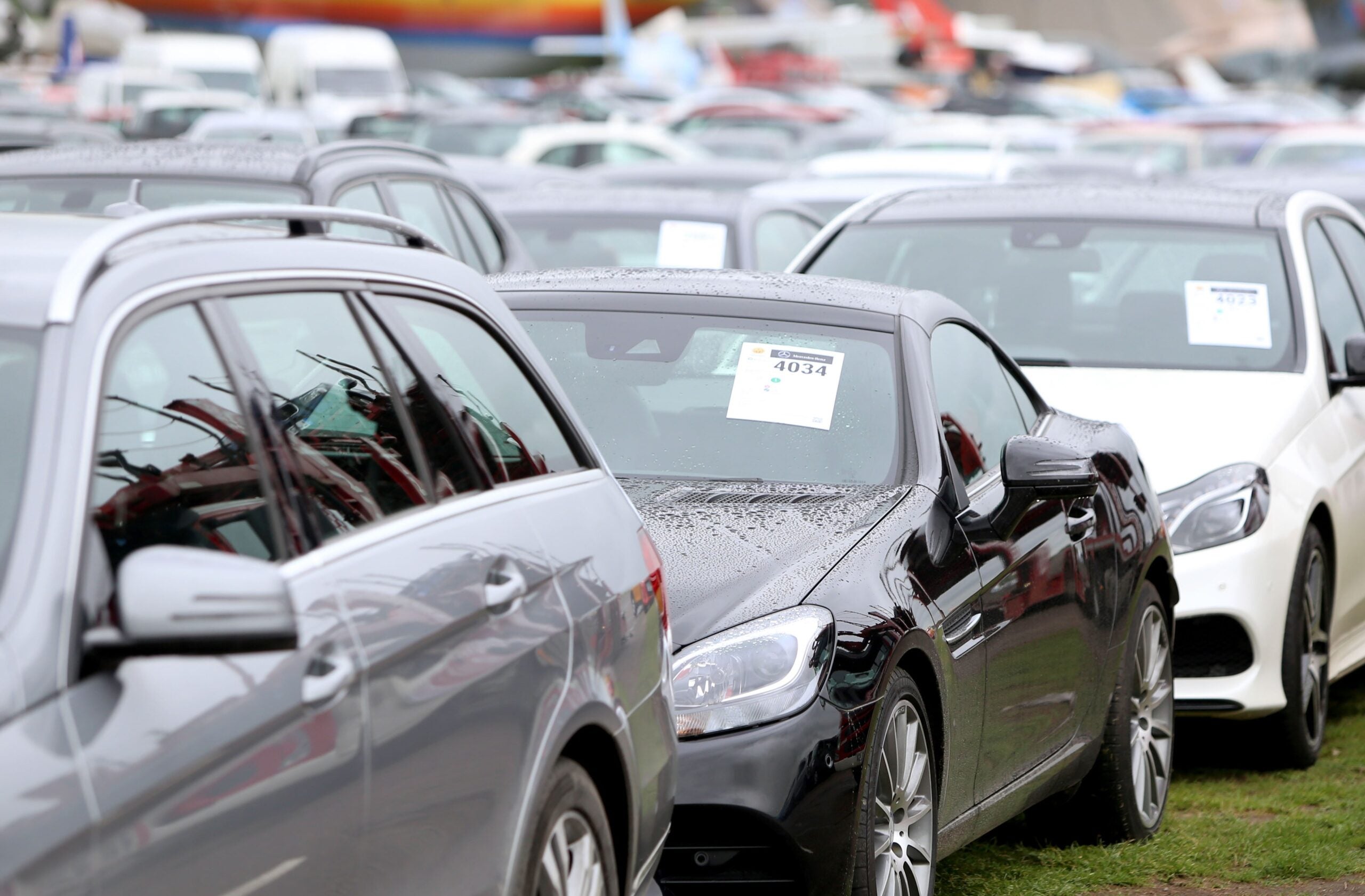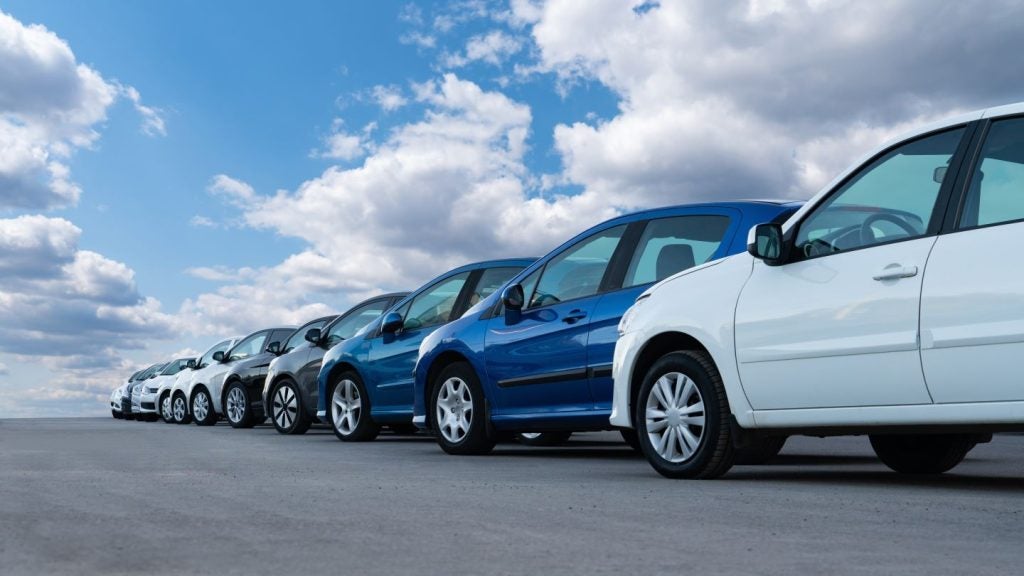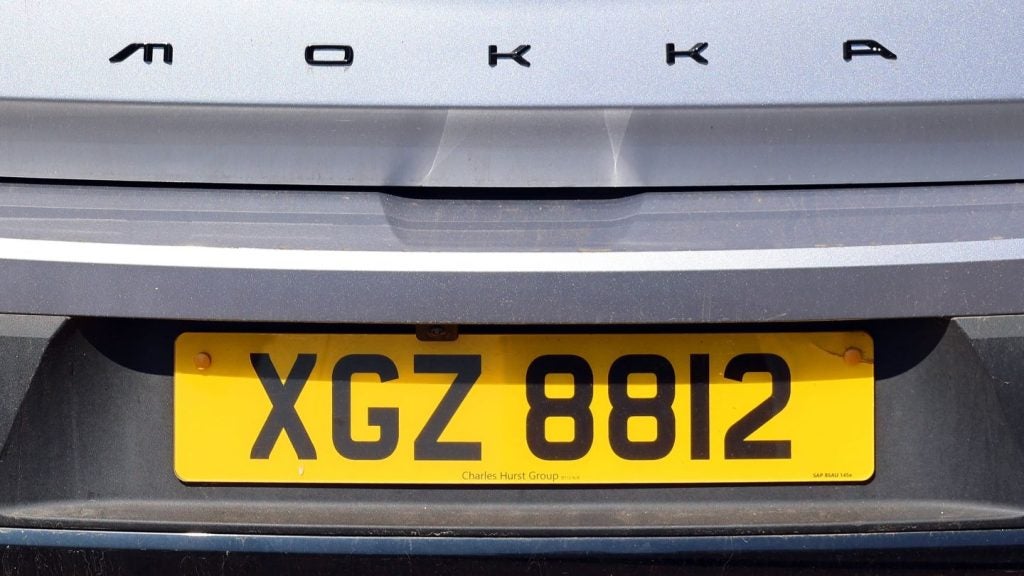
Innovation and technology are remodelling the leasing and finance industry, new business models are eliminating inefficiencies within the current system, while a wave of new technologies are introducing rapid change across the industry.
The latest generations of finance customers expect faster, more personalised services. That means vehicle sellers and finance providers having more flexible software solutions, capable of adapting to shifting buyer behaviour.

Access deeper industry intelligence
Experience unmatched clarity with a single platform that combines unique data, AI, and human expertise.
With flexible subscription services now the norm in many aspects of a consumer’s life – TV, software, phones, music and even coffee – the question is now being asked: “Why not vehicle finance?”
With the trend towards car usage rather than outright car ownership accelerating, manufacturers and others in the auto finance supply chain are looking to create platforms which allow users to pick and choose from a range of transport offerings to match their needs at different times. The personal attachment to owning a car is fading amidst a generational shift, with young urban drivers leading the flexible mobility charge.
The subscription shift
London-based subscription specialist Drover has gained traction in recent months, signing high-profile contracts with BMW and Volkswagen – which have now both launched subscription models.
Customers are able to swap vehicles, pause or end the subscription at any time, without committing to long-term contracts. The service also offers a one-bill solution to customers, whereby the monthly payment covers the car, insurance, servicing and maintenance, as well as other perks – fuel cards and reserved parking perhaps.

US Tariffs are shifting - will you react or anticipate?
Don’t let policy changes catch you off guard. Stay proactive with real-time data and expert analysis.
By GlobalDataCustomers can pick up a VW Passat for £514 a month, or a Mini Cooper three-door hatch for £562. The application process is completed entirely online, with customers able to start driving their subscription car within 48 hours.
“Given the changes we face in the automotive landscape, and as drivers’ needs change, we need to adapt from traditional concepts like outright ownership, into more flexible and user-friendly options like subscriptions,” said Claire McGreal, brand strategy and mobility services manager at Volkswagen UK.
Among other brands, Porsche has also identified car subscription as a viable model with the potential for mass adoption in the next ten years. Described as a “super premium OEM program”, Porsche Passport is available to customers as an app, in which cars can be ordered and then delivered by concierge. Capitalising on the carmakers reputation as a luxury brand, the service is advertised with “drive a Cayenne on a Monday and a 911 on a Friday”.
Race against taxi app mobility
It’s clear that the interconnected web of car subscription services is both permanent and ever expanding. The next key development in this area is in its effective marketing, and in the race against taxi app mobility also being able to escape the stereotypes of overcharging for extras and underwhelming choice that has set in the traditional car rental market.
To compete with taxi apps, car subscription also needs to push its relative advantages such as cost savings over time and lack of personal safety concerns. Without sorting out its reputation and presentation car subscription risks becoming little more than an alternative taken only out of necessity in rural and semi-rural locations, where the likes of Lyft, DidiChuxing and Uber are not yet available.







